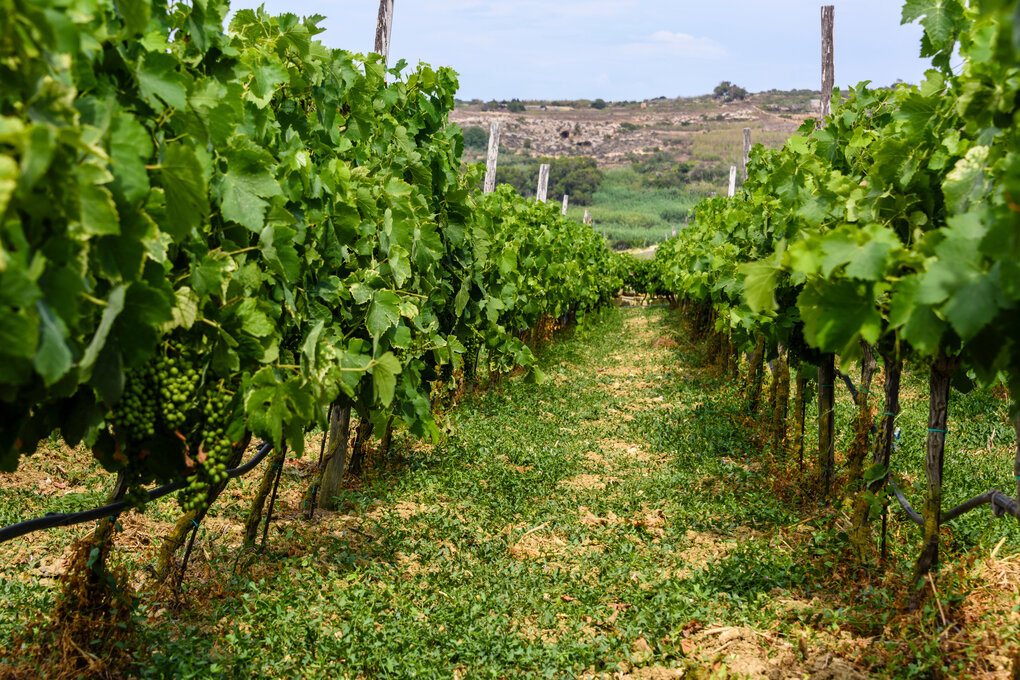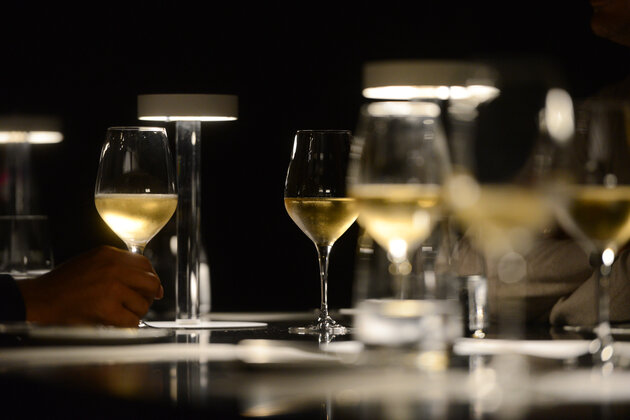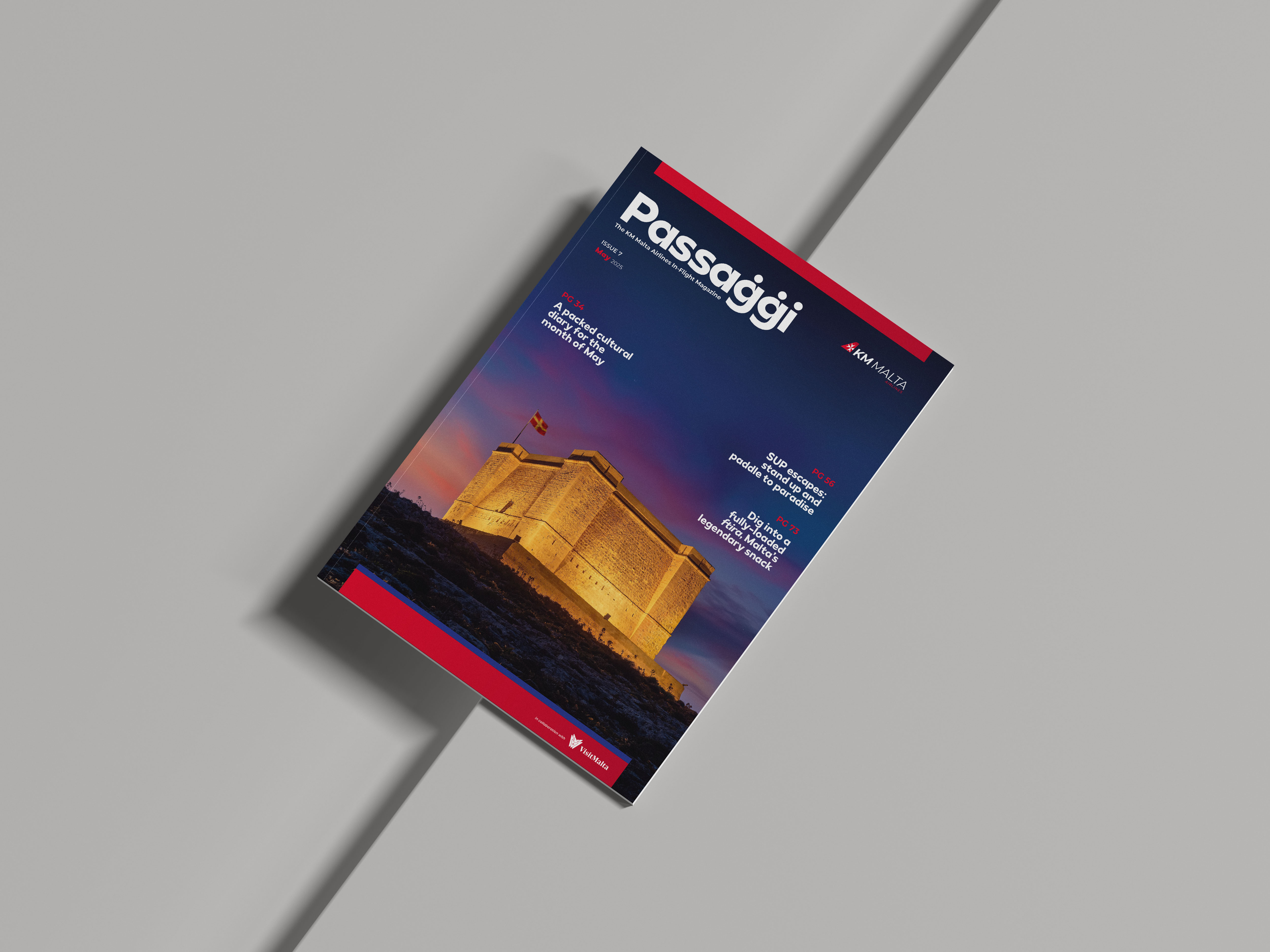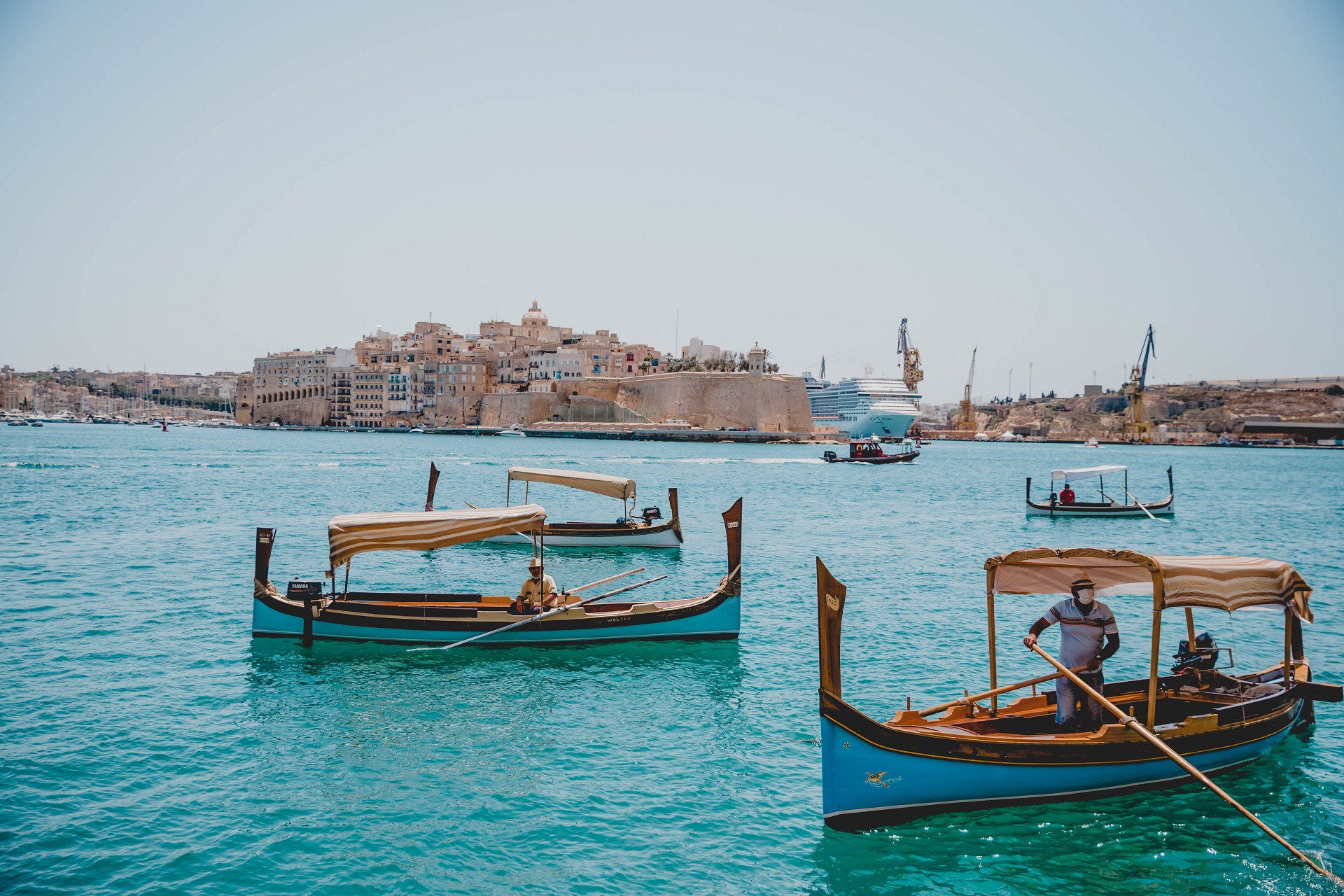
Join in on a walk through the ever-evolving wine scene in Malta, glass in hand.
Words by Ramona Depares
Take a walk around any of the tiny villages dotting the island in the evening and, chances are, you will encounter more than one traditional townhouse that has been transformed into a hip wine bar. Sure, the busiest ones tend to be concentrated around the Valletta, Sliema and St Julian’s area. But the best kept secrets are the smaller, often family-run places that are located in the quiet alleys of less obvious tourist destinations. Towns like Qrendi, Qormi, Mġarr and Birkirkara – this is where you will find the lesser-known local vintages, the gourmet platters with home-made artisan fare… not to mention the chatty owners, most of whom view their endeavour as a passion project, rather than a straight-up commercial activity. In the past years, Malta has certainly left its mark on the international wine community. Established wine producers like Marsovin, Delicata and Meridiana regularly win awards for their world-class vintages. But Malta and Gozo also boast a host of small, independent wineries that will surprise you. Many of these also host ‘wine bar’ experiences that are akin to agritourism, where you get to spend a uniquely tailored evening sampling rarer wines and traditional, Mediterranean fare. These include San Niklaw Estate, with a heritage that dates back to the 17th century and producing four estate wines every year; or Ta’ Betta, known for hosting private wine and food pairings under the starry skies of Siġġiewi, surrounded by acres of vineyards and fields. On the sister island of Gozo, we find Tal-Massar, producing DOK Gozo wine from grape varieties such as the indigenous Maltese Girgentina, Vermentino, Nero d'Avola, Syrah and Merlot. I caught up with Maltese connoisseur Andrew Azzopardi to find out more about where the wine culture is heading. Andrew is a well-known figure in local circles, running Vintage’82, a company that sources some of the rarest wines for international clients and guests. But he is perhaps most prized locally for his monthly wine-pairing dinners at the opulent Palazzo Parisio. Intimate and offering an exclusive experience, these events are highly sought after by guests looking to enjoy an evening with good food, quality wine and just enough information and wine expertise without getting bogged down in too much detail.

“The local wine scene has improved by leaps and bounds. In fact, I believe the wines Malta is offering at the moment are of unprecedented quality and variety, and visitors are spoilt for choice on good-quality Maltese wines on any budget,” Andrew remarks. “There are some fantastic versions of the local Ġellewża grape, which is great as a single varietal, as well as in blends. I would add that, while price is not always a determinant of quality, try not to skimp too much on this, especially on the local wines, where just a couple of euro more give a huge return,” he advises. Andrew acknowledges that wine bars took the scene by storm in the early 2000s, but he cautions visitors to avoid the “copy/paste” versions that have cropped up. So, what should travellers look for when deciding on where to go for their wine fix? “Ambiance and food are an integral part of a successful experience. But, being a wine-nerd, I believe the wine list is by far the most important asset of a wine bar. The food comes a close second. A couple of cheeses, local bigilla (bean dip) and a bundle of breadsticks doesn’t make the cut anymore,” he believes. That said, Andrew acknowledges that he’s not particularly fussy on the style or ambiance of a wine bar, and still counts an evening at a small one in Dusseldorf as one of his most memorable. “The place wasn’t particularly stylish, and the choice of food was limited to a small selection of pizzas with delicious, fresh toppings. However, it was all about the wine list – a huge book, the size of a bible, with wines all the way back from the 1960s to more recent vintages, from countries near and far,” he reminisces. Andrew applies these same criteria when looking for local wine bars or restaurants. He singles out Balzan’s Fra Giuseppe and Valletta’s Trabuxu for their ambience in particular. When it comes to wine lists, however, he believes that some specialty restaurants have a surprisingly strong focus on the wine. “Fernando’s Gastrotheque, for instance, has a huge array of local and foreign wines. Then there is also Bottega Frawli in Mġarr and the new Rubino Universal in Valletta with a small but extremely interesting wine list and great food. Of course, there are too many to mention here. “I think the local scene has moved towards specialty restaurants that have well curated wines lists, which work well with their style of food. So, it’s not necessarily about the image of the traditional wine bar.” Andrew’s advice to those visiting our islands is simple: look for a list with wines from several different countries, areas, grapes, varieties and budgets. “A good wine bar is a place where I want to explore wines from relatively unknown producers from obscure regions, but also where I can find a variety of premium wines that instil excitement in customers on any budget,” he says. “I don’t expect supermarket-style, mass-produced wines in a wine bar – and I’m not referring to prices here, but to quality,” Andrew says. And bear in mind, when you hit the town and plan to paint it red, that the best places may not fit your traditional image of a wine bar, but they may very well be restaurants that serve a variety of good, tasty food, supported by a well curated wine list.



